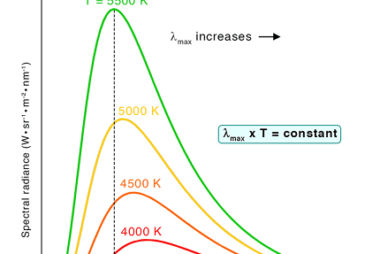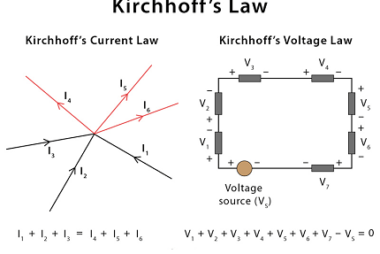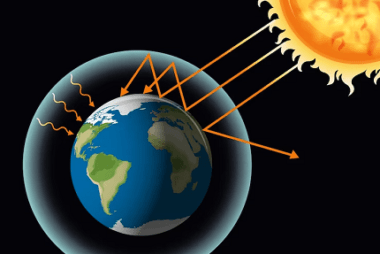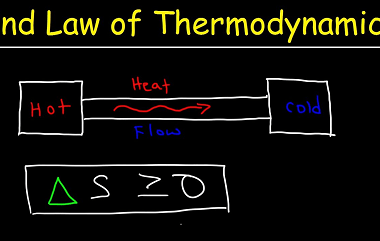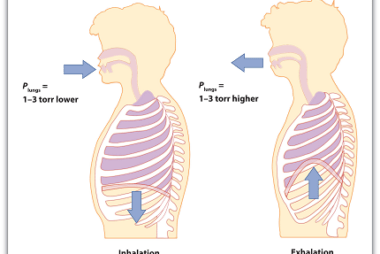Stefan’s law
Stefan’s law, also known as the Stefan-Boltzmann law, is a fundamental law of physics that relates the total amount of energy emitted by a blackbody per unit area per unit time (i.e., its radiative flux) to its temperature. It states that the radiative flux emitted by a blackbody is proportional to the fourth power of…

